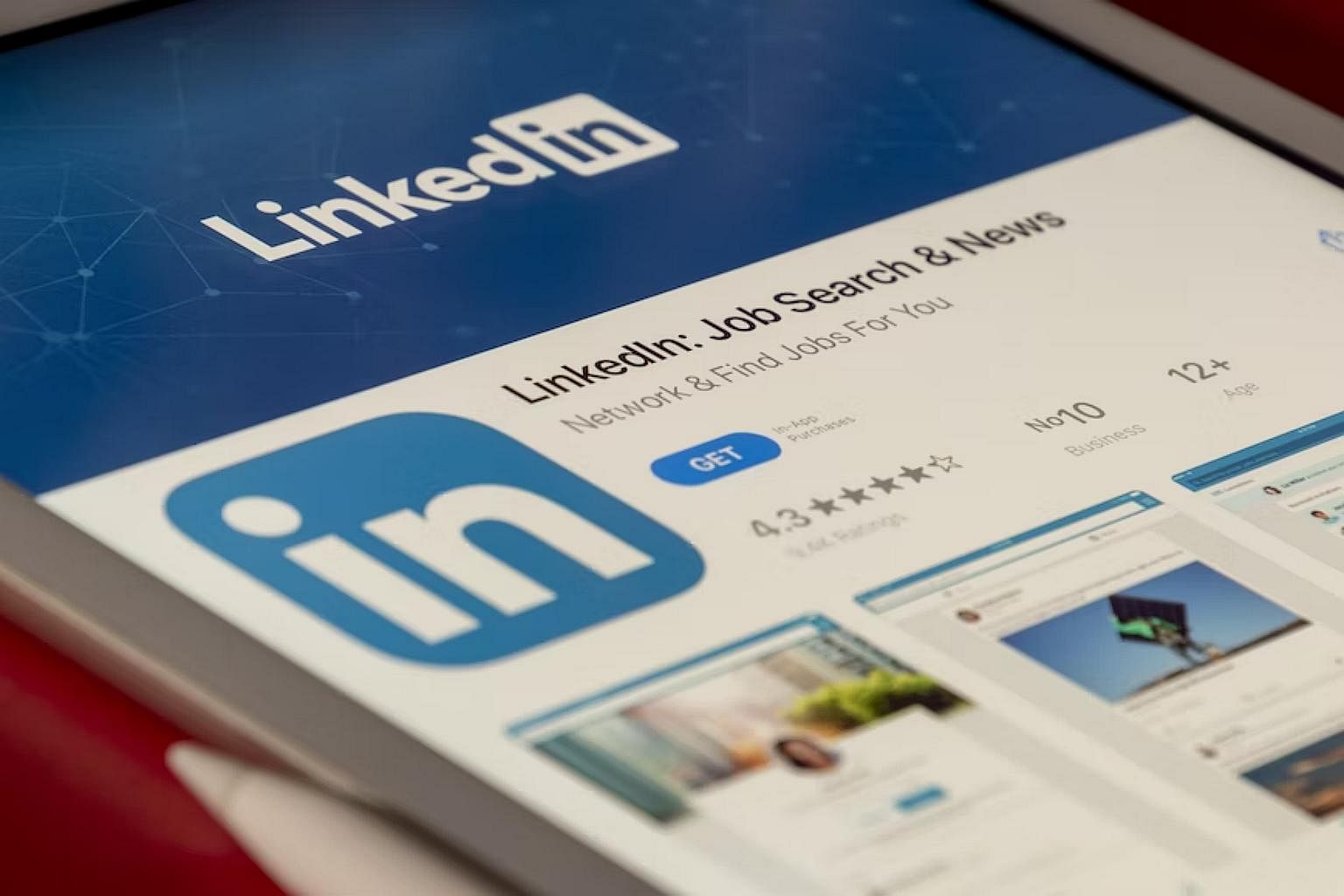LinkedIn's social experiments on 20 million users may have affected livelihoods: Study
Sign up now: Get ST's newsletters delivered to your inbox

In experiments conducted worldwide from 2015 to 2019, LinkedIn randomly varied the proportion of weak and strong contacts.
PHOTO: UNSPLASH
NEW YORK - LinkedIn ran experiments on more than 20 million users over five years that, while intended to improve how the platform worked for members, could have affected some people's livelihoods, according to a new study.
In experiments conducted around the world from 2015 to 2019, LinkedIn randomly varied the proportion of weak and strong contacts suggested by its "People You May Know" algorithm – the company's automated system for recommending new connections to its users.
The tests were detailed in a study published in September in the journal Science and co-authored by researchers at LinkedIn, the Massachusetts Institute of Technology, Stanford University and Harvard Business School.
LinkedIn's algorithmic experiments may come as a surprise to millions of people because the company did not inform users that the tests were under way.
Experts who study the societal effects of computing said conducting long, large-scale experiments on people that could affect their job prospects, in ways that are invisible to them, raised questions about industry transparency and research oversight.
"The findings suggest that some users had better access to job opportunities or a meaningful difference in access to job opportunities," said Dr Michael Zimmer, an associate professor of computer science and the director of the Centre for Data, Ethics and Society at Marquette University.
The study in Science tested an influential theory in sociology called "the strength of weak ties", which maintains that people are more likely to gain employment and other opportunities through arms-length acquaintances than through close friends.
The researchers analysed how LinkedIn's algorithmic changes had affected users' job mobility. They found that relatively weak social ties on LinkedIn proved twice as effective in securing employment as stronger social ties.
In a statement, LinkedIn said that during the study, it had "acted consistently with" the company's user agreement, privacy policy and member settings.
The privacy policy noted that LinkedIn uses members' personal data for research purposes. The statement added that the company used the latest, "non-invasive" social science techniques to answer important research questions "without any experimentation on members".
The goal of the research was to "help people at scale", said Dr Karthik Rajkumar, an applied research scientist at LinkedIn who was one of the study's co-authors. "No one was put at a disadvantage to find a job." NYTIMES


